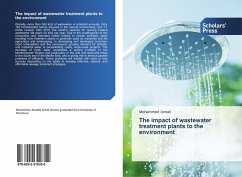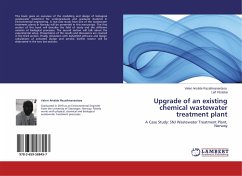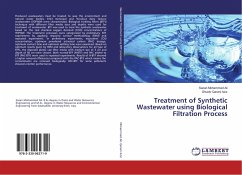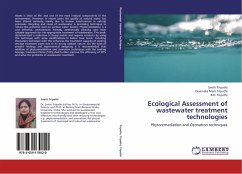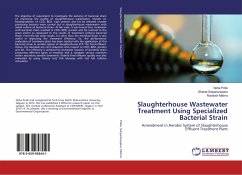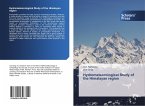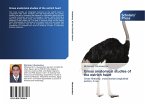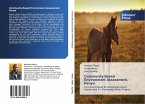Globally, more than 368 cubic kilometers of wastewater is collected annually. Only 160 cubic kilometers is treated before disposal in the natural environment, and 7.1 cubic kilometers is reused. Until 2015, the world's capacity for reusing treated wastewater will reach 20 cubic kilometers per year. Due to the unwillingness of the consumers and important needs related to certain activities, water resulting from treatment plants is generally used by industries and for agriculture and landscaping. In developing and developed countries, rapid urbanization and the consequent growing demand for potable, and industrial water is necessitating costly, large-scale projects. The shortage of fresh water constitutes a severe problem in the Mediterranean Region and particularly in the arid and semi-arid areas to the South and in the Middle East, and is giving rise to serious parallel problems of effluents. These problems are treated with more or less success depending on the ability to developeffective, rational, and affordable sewage treatment strategies.

